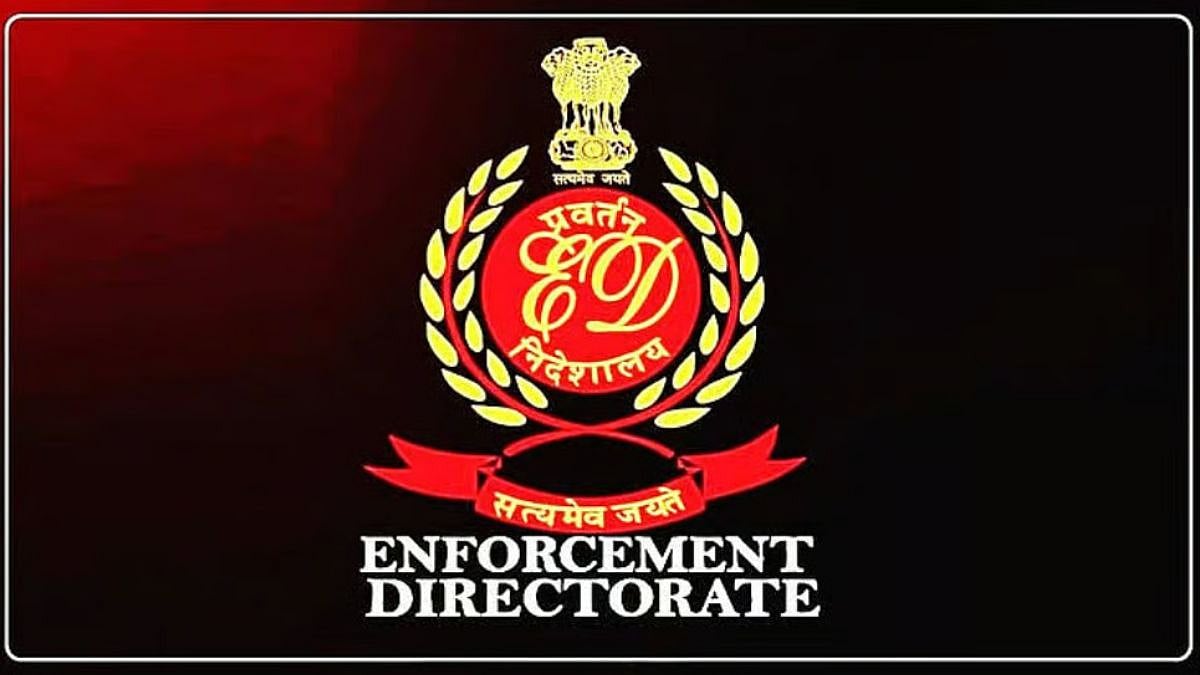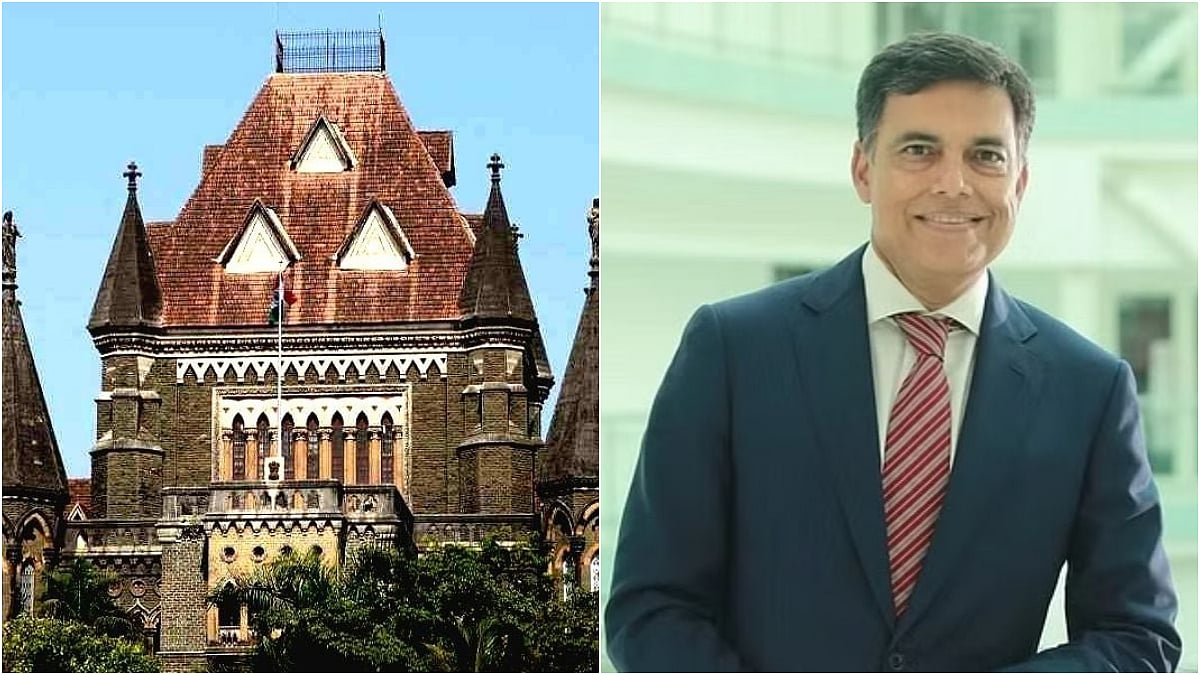Mumbai: RTI activists in the city and across India lauded the Supreme Court's directives to the central and state governments on Monday to fill vacancies at information commissions. The SC said that vacancies defeat the very purpose of the RTI Act, and the law becomes a 'dead letter' if vacancies are not filled. The directives were given by a bench headed by the Chief Justice of India (CJI).
Both the Central Information Commission (CIC) and Maharashtra State Information Commission (MSIC) are headless with no full-time Chief Information Commissioner. CIC, which deals with appeals related to the central government, has only four commissioners out of 11 sanctioned posts. These four are set to retire in November, following which the CIC will become defunct if no new appointments are made. In the case of Maharashtra, out of eight commissioners, only four are present, and one is set to retire by year-end. Maharashtra has 1.15 lakh appeals and complaints pending, the highest across the country.

Mumbai activists welcome SC order
"It is a very important judgment, and it is also unfortunate that the court has to direct them to appoint commissioners. Without a commissioner, how will applicants even challenge the violation of their right to information?" said Anjali Bhardwaj, one of the petitioners in the case. Bhardwaj and others had approached the SC after the court's 2019 order for timely and transparent appointments of information commissioners did not happen to the fullest extent.
Activists in Mumbai said that the SC order is welcome so that pendencies are reduced. "What the court has said is true. The transparency law will become a dead letter. Enough stress should also be laid on proper criteria and a proper selection process. Transparent appointments are hardly made in our country, including the appointment of judges. They do not provide criteria explaining why someone was chosen over others. One shortlisting should be done with open interviews that have citizen presence. That will bring transparency to appointments," said Shailesh Gandhi, former Central Information Commissioner.
Bhaskar Prabhu, another city-based activist echoing Gandhi, said, "It will be very nice if the vacancies are filled up soon. But while doing so, those being appointed should be well-versed with the RTI Act and be Ambassadors of RTI, not shielding officials. After appointment, they should clear 30 to 35 appeals daily as commissioners in the past have shown such performance both at the state and central commissions. New information commissioners should also clear second appeals within 90 days, as stated in some court judgments."
"In the last five years, the central government has not made a single appointment of an information commissioner until we approached the Supreme Court," said Bhardwaj. She added, "In some commissions like Jharkhand, as there are no commissioners, the commission has been defunct since May 2020 and not even registering appeals for that reason. Telangana and Tripura commissions are also not functioning.


.webp)





